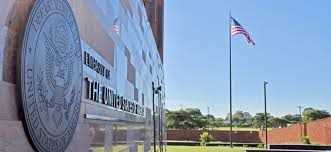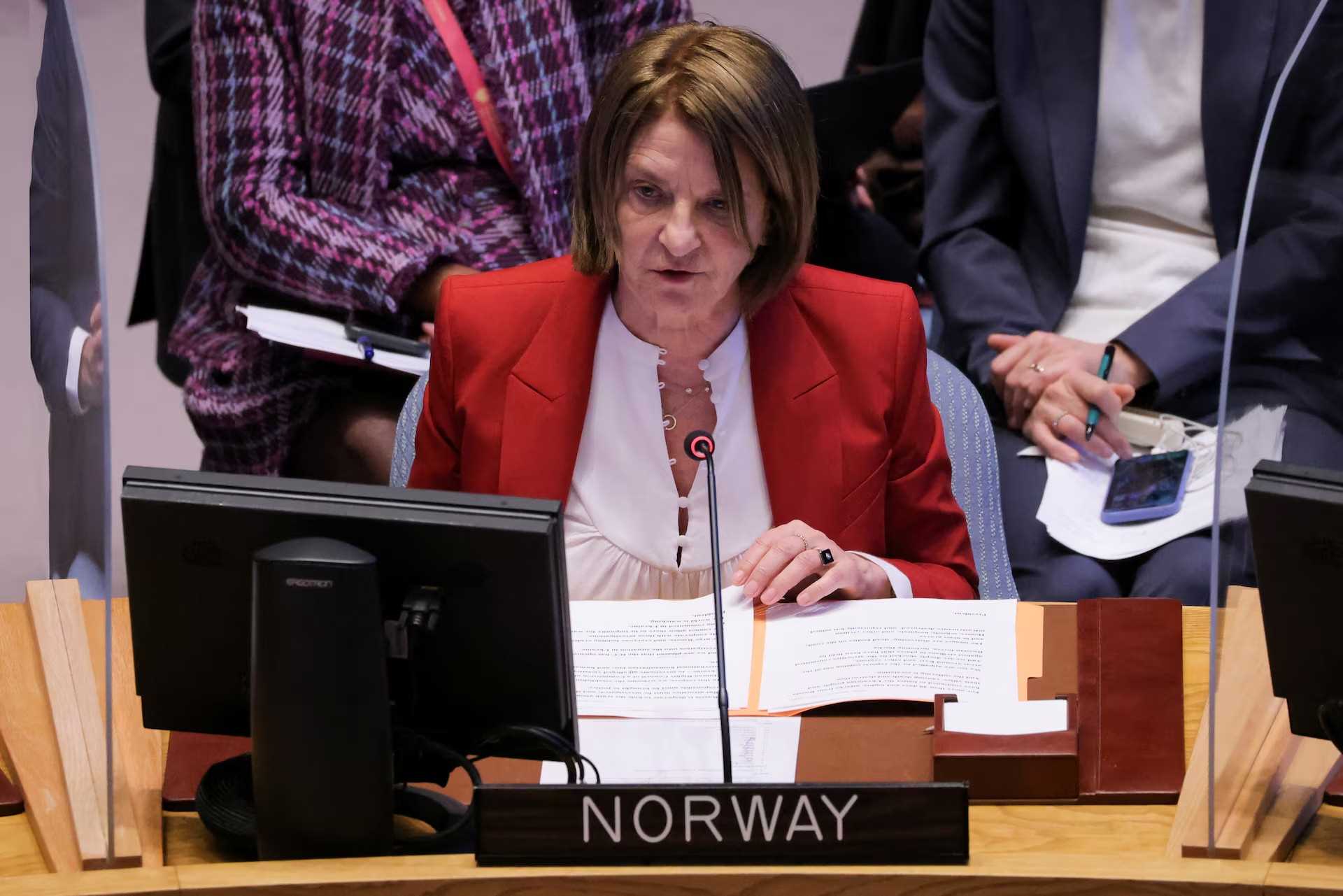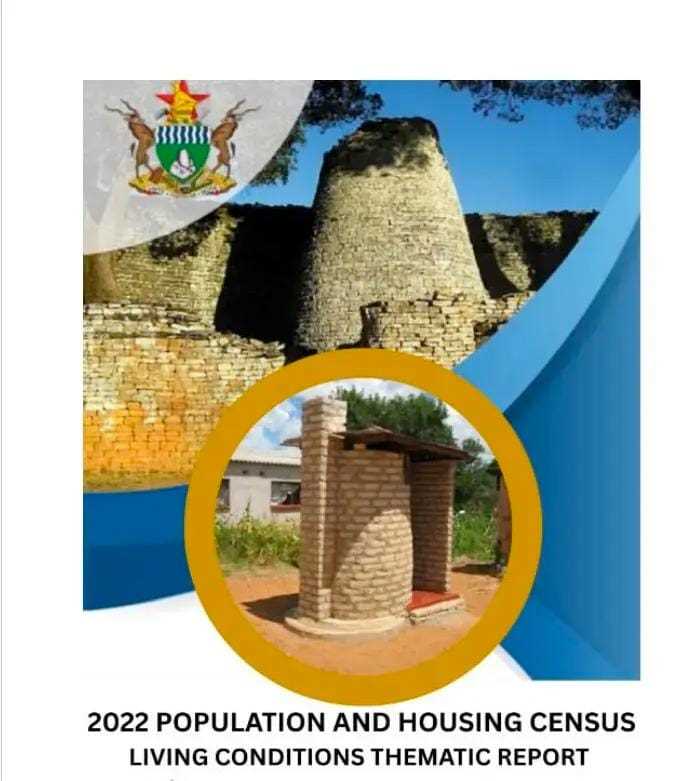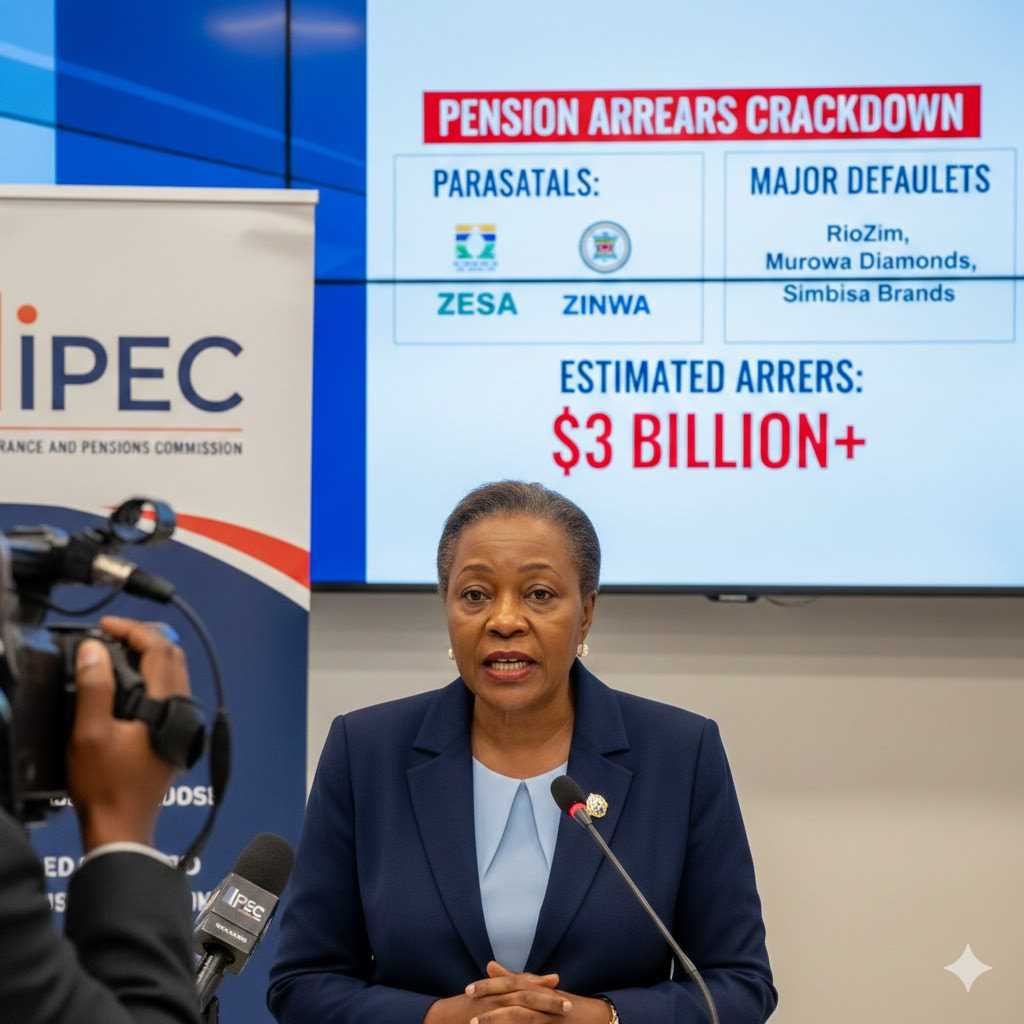
Oscar J Jeke - Zim Now Reporter
The United States has resumed student and exchange visa interviews following a three-week suspension, unveiling a new policy that imposes tougher digital vetting measures on applicants. This development comes as the number of Zimbabwean students pursuing higher education in the U.S. continues to rise, highlighting the country’s enduring appeal as a premier academic destination.
According to a directive issued by the U.S. State Department on June 18, consular officials are now required to assess the “entire online presence” of visa applicants to detect any “hostile attitudes towards our citizens, culture, government, institutions, or founding principles.” All social media accounts and digital profiles must be made public during the visa application process.
The directive follows a temporary pause on student visa appointments on May 27, meant to allow embassies time to align with new national security screening procedures. Applicants with limited or concealed digital footprints may now be subject to additional scrutiny, with officials warning that such omissions could be interpreted as an effort to hide disqualifying content.
“Limited access to, or visibility of, online presence could be construed as an effort to evade or hide certain activity,” reads the internal State Department communication. Consular officers have also been instructed to flag public affiliations with proscribed terrorist groups, support for violent ideologies, and posts deemed antisemitic or anti-American. The policy affects all non-immigrant student visa categories, including F (academic), M (vocational), and J (exchange visitor) visas.
Related Stories
The policy shift comes at a time when the number of Zimbabwean students in the U.S. is steadily growing. According to the 2024 Open Doors Report by the Institute of International Education, 1,907 Zimbabwean students are currently enrolled at U.S. colleges and universities for the 2023–2024 academic year marking a 6.6% increase from the previous year. The U.S. remains the third most popular destination for Zimbabwean students studying abroad, after South Africa and the United Kingdom.
Among these students, 49% are pursuing undergraduate degrees, 32% are enrolled in graduate programs up 15% from the previous year and 18% are engaged in Optional Practical Training (OPT), which provides hands-on work experience after graduation. The remaining 1% are in non-degree or exchange programmes.
Several factors continue to drive Zimbabweans toward American institutions. Many students benefit from a wide array of scholarships academic, athletic, and creative that reduce financial barriers. U.S. institutions are globally recognized for academic excellence, research facilities, and career pathways. The EducationUSA program offers personalized guidance through advisors based in Harare, Gweru, Mutare, and Bulawayo. The U.S. Embassy provides financial support through Opportunity Funds to assist high-achieving students from low-income backgrounds with application and travel costs. In addition to long-term study opportunities, more than 100 Zimbabweans have participated in fully funded U.S. exchange programs over the past year, further strengthening academic and professional development links.
Despite the strong demand, the new vetting procedures have sparked concern among civil liberties advocates and educational institutions. Critics argue the policy could deter prospective students and infringe on digital privacy. “This policy forces students to surrender their digital privacy and may penalize those from countries where freedom of expression is already constrained,” said Sarah Tabb, Director of the Center for Global Academic Exchange. “It places subjective interpretation of online content at the center of the visa process.”
Embassies have resumed scheduling visa appointments as of June 19, but applicants should prepare for extended processing times due to the more rigorous reviews.




















Leave Comments